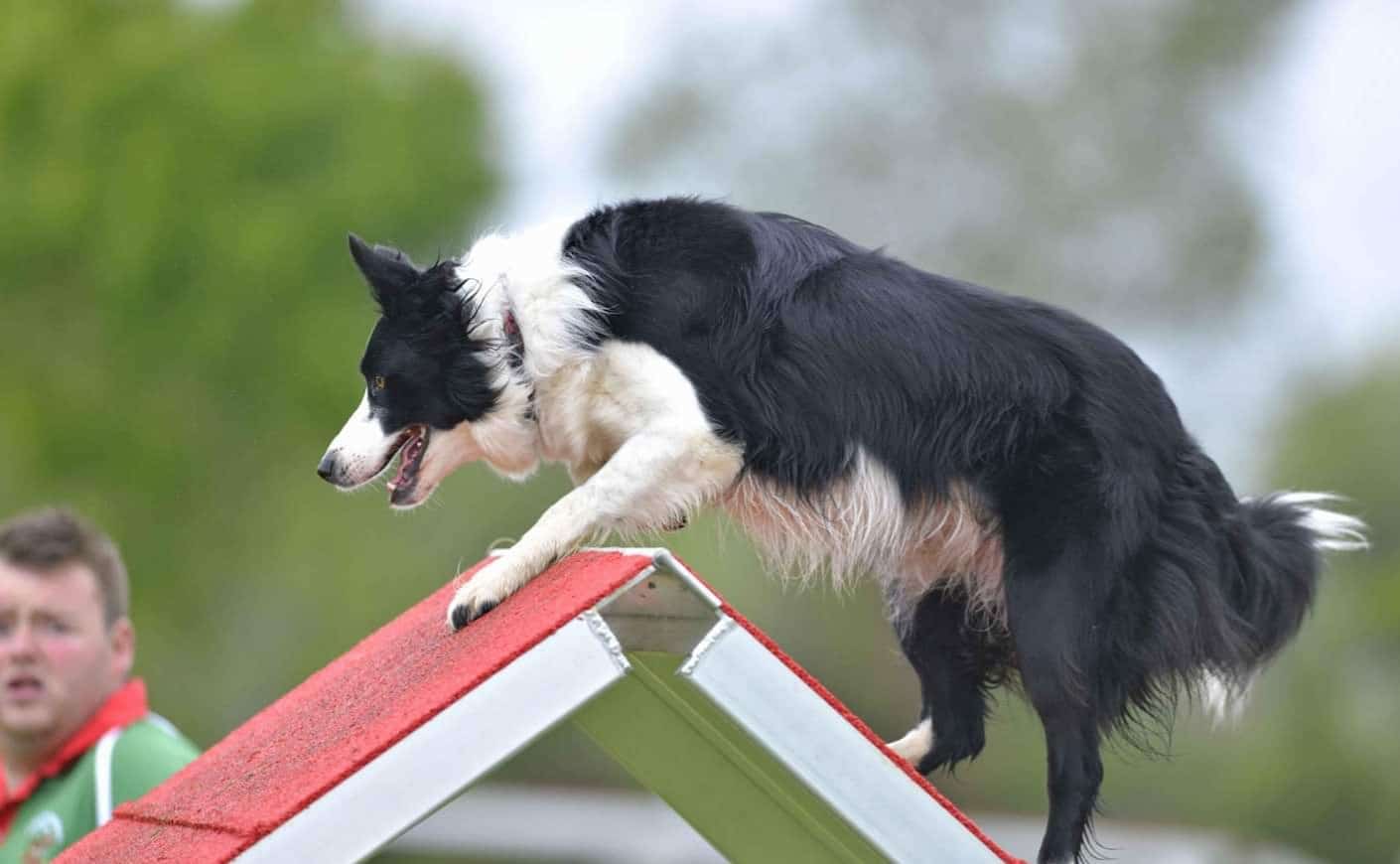The Ultimate Guide to Dog Training: Change Your Pet's Actions
Efficient pet training is important for fostering a harmonious partnership between family pets and their proprietors. The complexities of canine habits and the execution of structured training techniques play a critical function in this procedure. By understanding the principles of positive reinforcement, uniformity, and socializing, pet proprietors can browse usual obstacles that occur during training. This overview not only aims to furnish you with the necessary tools to transform your pet's behavior but additionally welcomes you to check out exactly how these fundamental principles can result in a deeper link with your family pet. What might be the primary step in this transformative trip?
Recognizing Canine Habits
Understanding pet actions is essential for effective training and a harmonious relationship in between canines and their proprietors. A pet's behavior is affected by a combination of genetics, atmosphere, and experiences. Dog training. Acknowledging these variables enables owners to tailor their training approaches to satisfy the private demands of their pets
Dogs connect mainly through body language, articulations, and face expressions. A wagging tail can indicate excitement or happiness, while a put tail may signal worry or entry. Observing these cues enables owners to respond properly, reinforcing positive habits and addressing adverse ones efficiently.
Additionally, recognizing the social structure of dogs can give insights right into their habits. Pet dogs are pack pets, and they prosper in a structured environment. Developing clear borders and constant guidelines can stop confusion and advertise a sense of safety and security.
Additionally, acknowledging the natural reactions of dogs, such as need to dig or chase after, is crucial. These instincts can be redirected through suitable outlets, such as play or workout. By adequately recognizing these behavior elements, proprietors can promote a positive training experience, eventually causing a well-adjusted and obedient canine friend.
Necessary Training Strategies
Effective canine training counts on a range of essential techniques that can dramatically boost the learning procedure for both the proprietor and the canine. One fundamental strategy is favorable reinforcement, which includes fulfilling desirable habits with treats, appreciation, or playtime. This technique motivates pet dogs to duplicate the actions that bring about positive results, fostering a trusting relationship between the animal and owner.
Another key technique is uniformity in commands and expectations. Utilizing the same spoken cues and hand signals assists the canine understand what is required, reducing confusion and promoting quicker knowing. In addition, establishing clear boundaries and guidelines is important for effective interaction.
Socialization is additionally a crucial element of training. Subjecting canines to different environments, people, and other pets helps them establish appropriate social skills and minimizes anxiety in unknown circumstances.
Finally, patience and timing are vital. Educating sessions ought to be constant yet quick, guaranteeing that the pet stays engaged and receptive. By utilizing these necessary methods, owners can produce a favorable and structured training experience that advertises etiquette and reinforces the bond with their canine friends.
Producing an Educating Schedule
Just how can a well-structured training schedule improve a pet's discovering experience? A training timetable offers consistency, making sure that pets get routine, concentrated guideline. This predictability aids dogs recognize what is expected of them, enhancing their knowing and permitting better retention of behaviors and commands.
When creating a training timetable, it is vital to consider the pet dog's visite site age, type, and individual character. Young puppies might gain from shorter, much more frequent sessions, while adult pets might love longer, much less frequent training durations. Including a range of tasks can likewise maintain the sessions engaging, protecting against boredom and promoting interest for knowing.
Furthermore, scheduling training sessions at certain times of the day can help solidify a routine. As an example, combining training with daily walks or playtime can create a positive organization with discovering. It is also vital to consist of time for support, such as treats or praise, to reward desired habits immediately.
Lastly, adaptability is essential. While consistency is essential, being versatile to the canine's state of mind or energy level can improve their knowing experience. A well-crafted training routine eventually lays the structure for efficient communication and a more powerful bond in between the canine and owner.
Common Training Obstacles
In spite of having a well-structured training timetable, pet owners often come across different difficulties throughout the training process. One typical issue is incongruity in commands and hints. When several household members use different terms or tones, a pet dog may end up being baffled, impeding its capability to find out efficiently.
One more frequent difficulty is disturbance. Dog training. Pet dogs are naturally article interested animals, and exterior stimulations such as other pets, noises, or individuals can divert their focus during training sessions. This needs owners to create a controlled setting or progressively present diversions to reinforce focus
Furthermore, varying power degrees can impact training outcomes. High-energy pets might have a hard time to resolve down and concentrate, while much more easygoing types could need added inspiration to engage. Customizing the training technique to fit the individual pet dog's character is necessary for success.

Structure a Strong Bond
A strong bond in between a pet dog and its owner is vital for effective training and overall well-being. Dog training. This connection promotes depend on, which is vital for effective interaction throughout the training procedure. When a pet dog feels safe and secure and connected to its proprietor, it is more probable to react positively to hints and commands
To construct this bond, consistency is vital. Developing a regimen that includes routine feeding, workout, and training sessions aids create a feeling of stability. In addition, positive support techniques, such as deals with, appreciation, and play, enhance desired actions while reinforcing the emotional link.
Socializing is another crucial aspect of bond-building. Exposing your dog to various environments, people, and other pets helps them feel more comfortable and certain, improving the bond with their owner. Participating in activities together, such as strolling, playing bring, or participating in obedience training, advertises team effort and mutual enjoyment.
Verdict

Understanding pet actions is crucial for reliable training and a harmonious relationship between dogs and their proprietors.Reliable dog training depends on a range of essential strategies that can significantly enhance the knowing procedure for both the pet dog and the owner.In spite of having a well-structured training schedule, canine proprietors typically come across different challenges during the training process.In verdict, effective canine training counts on a comprehensive understanding of canine habits, the application of crucial methods, and the facility of a structured training timetable. By stressing positive reinforcement and uniformity, pet dog owners can considerably boost their pet dogs' behavior, eventually ensuring an unified relationship and advertising the well-being of both the pet and its environment.